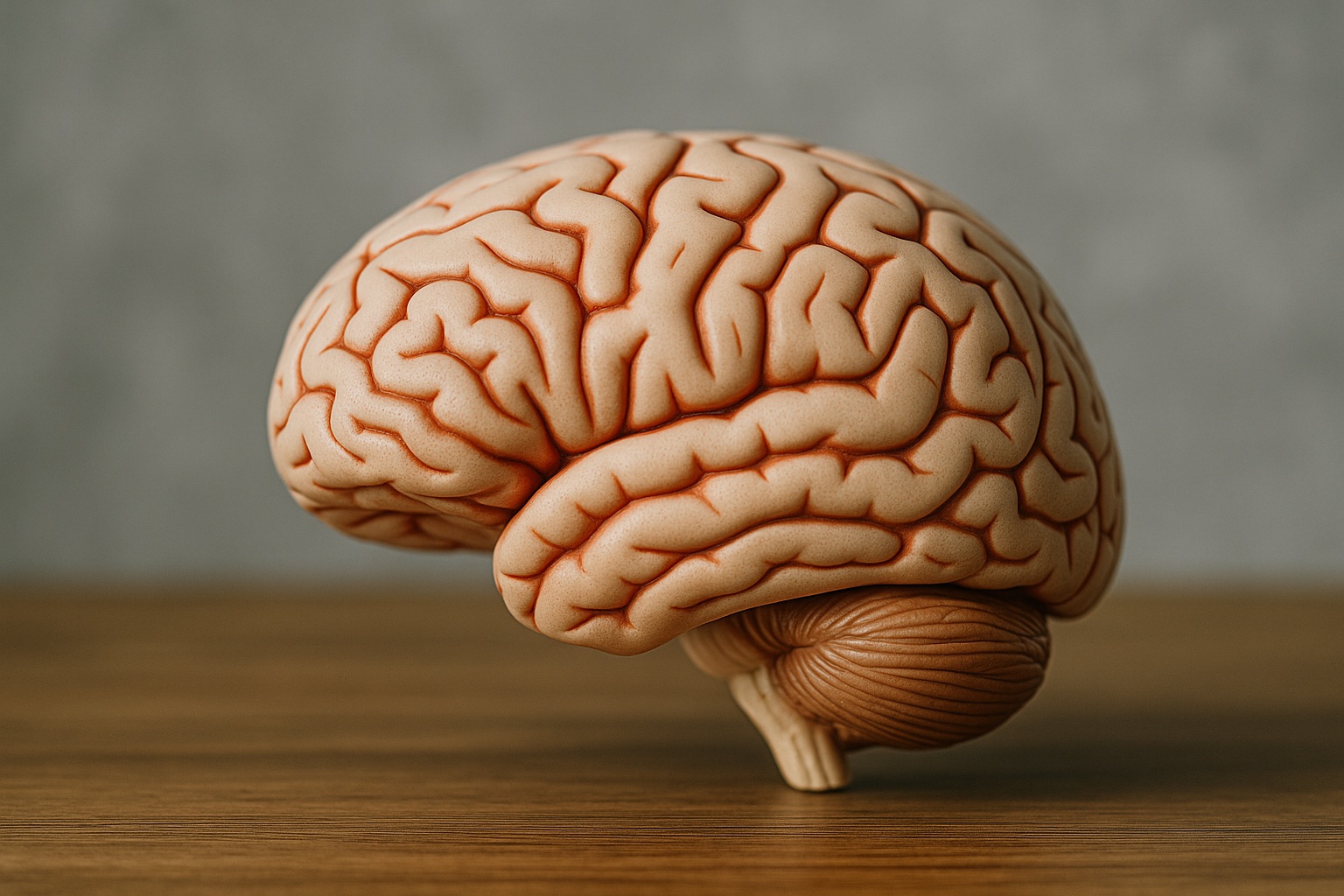Brain Function and Cognitive Health
Changes in memory, concentration, and emotional balance are becoming increasingly common across all age groups. Many individuals report difficulty remembering names, focusing on tasks, or managing anxiety that seems disproportionate to their life circumstances. Brain function encompasses memory, attention, spatial orientation, learning capacity, and mood regulation.
Concerning Trends in Brain Health
Moreover, public health data indicates a rising prevalence of cognitive and emotional disorders. For example, the 2009 World Alzheimer’s Report noted a 10% increase in Alzheimer’s cases between 2005 and 2009, bringing the global total to 35 million. At the same time, the CDC reports that 9.5% of U.S. children aged 4–17 have been diagnosed with ADHD, with diagnoses increasing by 5.5% annually from 2003 to 2007. Furthermore, depression affects over 10% of adults, while nearly 18%—around 40 million people—experience anxiety disorders. These conditions contribute significantly to healthcare use, with anxiety-related costs alone exceeding $22 billion annually.
Possible Underlying Causes
Although some brain disorders remain poorly understood, several physiological contributors are increasingly recognized. These include:
- Neurodegeneration (loss of brain cells)
- Viral infections affecting the nervous system
- Exposure to environmental toxins
- Genetic predispositions
In addition, functional imbalances—such as blood sugar dysregulation, poor oxygen delivery to the brain, chronic inflammation, and compromised digestive or adrenal function—may also influence cognitive decline.
Therapeutic Approaches in Research
Consequently, current literature describes several therapeutic methods aimed at supporting brain function. These approaches are often used in conjunction with conventional care.
Acupuncture and Neurological Regulation
For instance, acupuncture protocols may help restore nervous system balance, promote healthy circulation, and regulate the stress response. A 2006 study published in Neurological Research found that acupuncture significantly improved memory and cognitive performance. Likewise, other studies suggest that it may reduce symptoms of anxiety, depression, and insomnia.
Nutrition and Herbal Support
In addition, targeted dietary changes can help reduce inflammation and supply essential nutrients for brain function. Herbal and nutritional supplements have also shown promise in improving glucose and oxygen delivery to the brain while modulating neurotransmitter activity.
Emotional Regulation Techniques
Moreover, Emotional Freedom Techniques (EFT) have demonstrated effectiveness in addressing PTSD, depression, and anxiety-related conditions. These techniques appear to reduce emotional distress and promote nervous system balance.
Reported Outcomes in Clinical Contexts
As a result of these multifaceted strategies, research and clinical reports document improvements in:
- Spatial and verbal memory
- Focus and productivity
- Mood stabilization
- Symptoms of anxiety and depression
- Behavioral regulation in ADHD and sensory integration disorders
These findings highlight a growing interest in addressing cognitive health through integrative, evidence-informed approaches.
Supporting Evidence
Several peer-reviewed studies support the efficacy of these interventions:
- Yu et al., Neurol Res. 2006;28(1):97–103.
- Ruan et al., Zhongguo Zhen Jiu. 2006;26(3):186–8.
- Arranz et al., Am J Chin Med. 2007;35(1):35–51.
Additional sources include publications in Psychiatry and Clinical Neurosciences, Neurogastroenterology and Motility, Neuro Endocrinology Letters, and Annals of Clinical Psychiatry.
